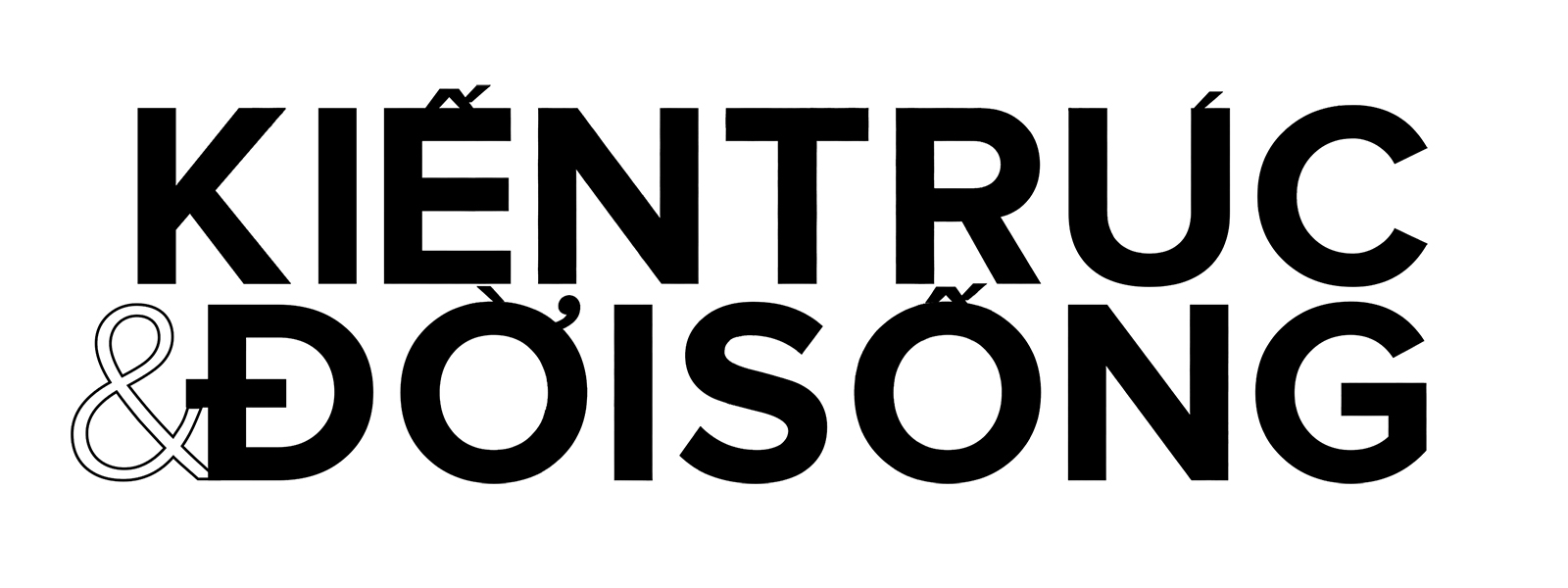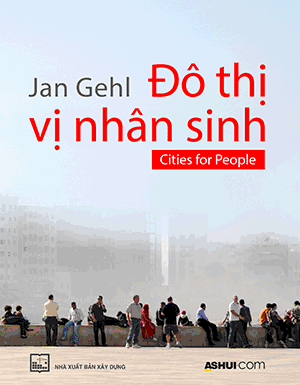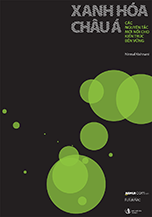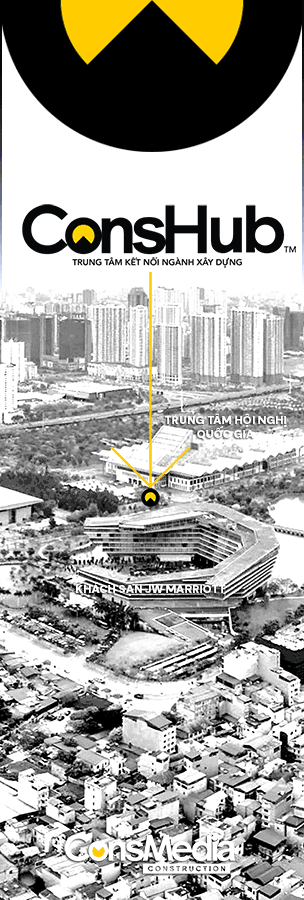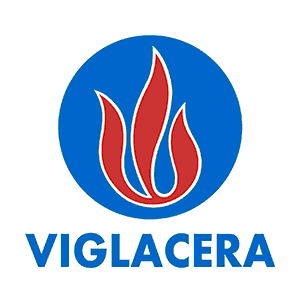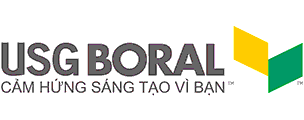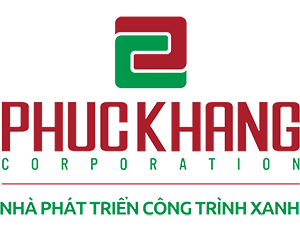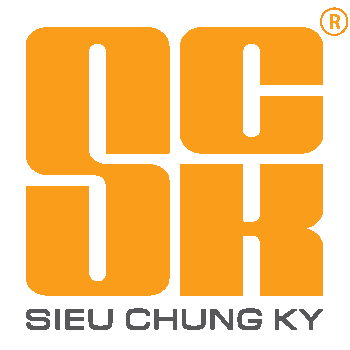Singaporean investors are still expressing optimism about opportunities to invest in Vietnam, despite global economic woes and the local real estate downturn.
Danny Dao, director of valuation, consulting and research at Singapore’s real estate consultant firm DTZ Debenham Tie Leung, said it was the right time for Singaporean investors to consider acquisitions when the property values “have declined significantly”.
“Each property purchase decision is subject to the project’s feasibility rather than just to follow the market trend,” Dao said.
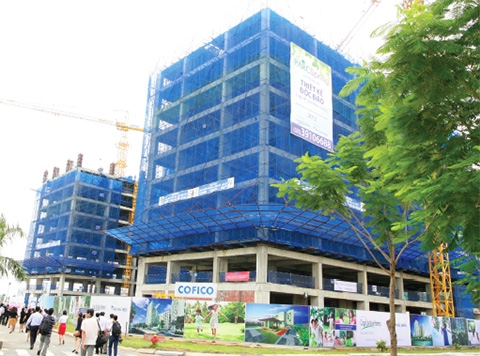 Graham Black, Vietnam country manager for The Ascott Limited, believed that the current time offered good opportunities for foreign investors to pick up distressed assets and expand their presence in Vietnam.
Graham Black, Vietnam country manager for The Ascott Limited, believed that the current time offered good opportunities for foreign investors to pick up distressed assets and expand their presence in Vietnam.
“The country’s real estate market is supported by good GDP growth, which increased by about 5 per cent in the first quarter of 2013 compared with the same period last year. Foreign ownership of real estate projects will also bring in more foreign funds, create a healthy real estate market in the long-term and further spur the country’s economic development,” he said.
In 2012, Back noted, real estate ranked the second amongst sectors, bringing in $1.85 billion or 14.2 per cent of total foreign direct investment in Vietnam.
“Vietnam continues to be an attractive destination for Singapore investors as the two nations foster greater economic ties and increase bilateral trade. Within the real estate sector, serviced residences will stand to gain from the increased business as more multinational corporations set up offices in Vietnam, and more expatriates travel into Vietnam for business,” Black said.
Yip Hoong Mun, deputy CEO of CapitaLand Vietnam, said that Vietnam presented a value proposition for CapitaLand given its young population, rising income levels and rapid urbanisation. “There is great potential in the real estate space, particularly in the affordable to mid end homes at competitive prices to the local residents,” he said.
Singaporean investors, according to Danny Dao from DTZ Debenham Tie Leung, had proven their financial strength amid market downturn and uncertainties.
“Domestic investors have been hit over the past few years by high interest rates and the limited supply of credit from banks which has placed foreign investors in an enviable position as a result,” he said.
Keppel Land Vietnam is one of the real estate investors not put off by the current gloomy market. Linson Lim, president of Keppel Land Vietnam, said that established developers with financial strength and a good track record should continue to see positive results in Vietnam in the longer term.
While Keppel Land continues to be on the lookout for new opportunities, the developer is also committed to ensuring progress with its current projects in Vietnam.
Currently, Keppel Land has 18 licenced projects with total investment capital of $2 billion and about 22,000 homes in the pipeline in Vietnam.
Green Lotus, a subsidiary of Singapore’s Accura International, is planning to unveil its first holiday villas at the planned $20 million Van Son Resort project in Do Son, Haiphong this year.
William Ang, general director of Green Lotus, said the project would target Vietnamese customers, especially those coming from Hanoi, Haiphong and Quang Ninh.
Some Singaporean industrial and township developers have also started to invest in residential properties, after succeeding in industrial properties.
The $165 million residential project, named Gateway, was the first residential project that Sembcorp Development and Vietnam Singapore Industrial Park (VSIP) joint venture joined to develop.
Located in southern Binh Duong province, about 40 kilometres from Ho Chi Minh City, Gateway is part of a larger mixed-use development within the 500 hectare VSIP in Thuan An district, which has been operational since 1996.
The project sits on a 4.1ha land plot which will be developed into a mid-market residential project of about 163,807 square metres gross floor area, comprising 1,380 apartment units and amenities.
A VSIP official said that the venture decided to expand its portfolio to residential real estate, because it realised that the demand for accommodation in Vietnam was very high, especially in areas located around industrial zones.
VSIP, Sembcorp, Ascott and DTZ are some names only. Many others are on the boat, such as Low Keng Huat Limited Company, CapitaLand, Mapletree and Keppel Land.
Singapore is currently the biggest foreign investor in the real estate field of Vietnam. According to the International Enterprise Singapore, as of March 2013, Singapore has 59 property projects with total registered capital of $8.98 billion in Vietnam.
By Bich Ngoc - photo: Le Toan
- Over 90 projects on Phu Quoc Island cancelled
- Bridging gap for financial centre
- SBV: VND30 trillion for housing assistance loans
- $270 mln plan proposed for airport near Mui Ne beach
- No quick fix for low-cost housing
- Nam Long looks for a bigger share
- Green design to open doors
- Foreigners to capitalise on poor property scene
- Vietnam property developers default on land-use fee
- Slow reforms dog property firms







